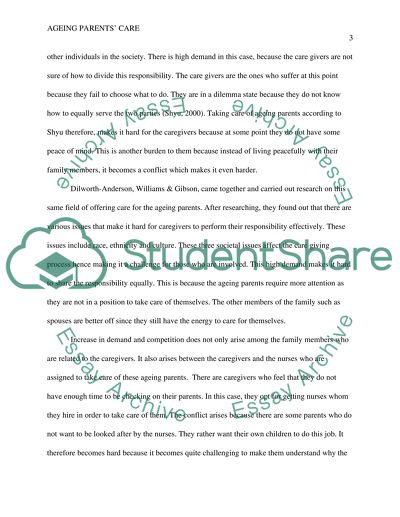Cite this document
(“Caring for your aging parents Research Paper Example | Topics and Well Written Essays - 1000 words”, n.d.)
Retrieved from https://studentshare.org/psychology/1494446-caring-for-your-aging-parents
Retrieved from https://studentshare.org/psychology/1494446-caring-for-your-aging-parents
(Caring for Your Aging Parents Research Paper Example | Topics and Well Written Essays - 1000 Words)
https://studentshare.org/psychology/1494446-caring-for-your-aging-parents.
https://studentshare.org/psychology/1494446-caring-for-your-aging-parents.
“Caring for Your Aging Parents Research Paper Example | Topics and Well Written Essays - 1000 Words”, n.d. https://studentshare.org/psychology/1494446-caring-for-your-aging-parents.


